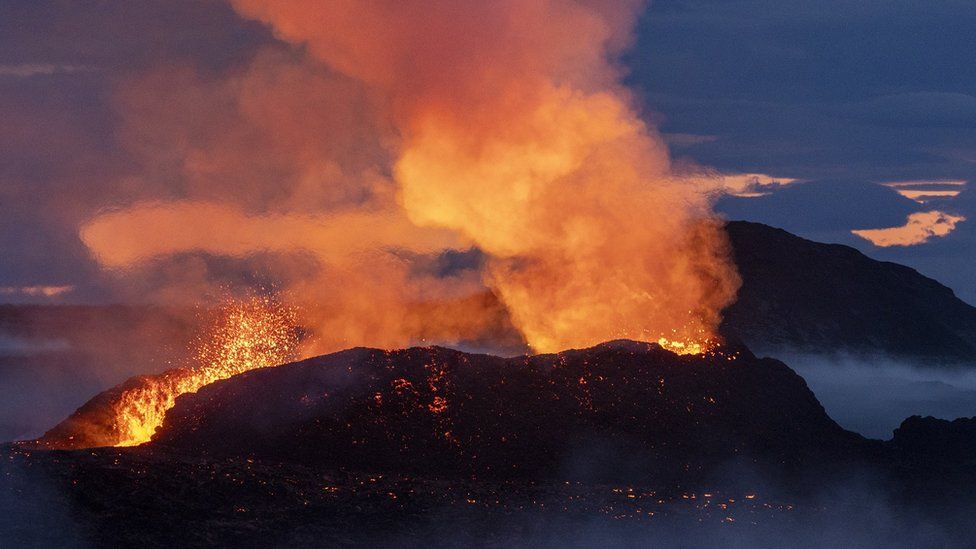-

-
-
Loading

Loading

Iceland is preparing for a volcanic eruption in the next few days. The increase in earthquake activity in the region surrounding Reykjavik since late October is caused by an underground river of magma moving closer to the earth's surface. The impact of the eruption will depend on where the magma breaches the surface. One town, Grindavik, has already been evacuated due to the risk of "fire fountains" and harmful gases. The eruption could result in an explosive ash cloud if it occurs offshore or reaches the sea. However, the circumstances of this volcanic activity are different from the Eyjafjallajokull eruption in 2010, so such an extensive impact is not expected. The Icelandic meteorological office believes that an eruption of the Fagradalsfjall volcano is highly likely to happen in the coming days. Recent earthquakes and ground deformations indicate that the magma could be even closer to the surface. Iceland is accustomed to volcanic activity due to its location over the Mid-Atlantic Ridge, which allows magma to rise up and erupt as lava and ash. Different types of eruptions occur depending on the rock type and plate movements. While Iceland has experienced extensive eruptions in the past, the current situation suggests a smaller eruption is expected.